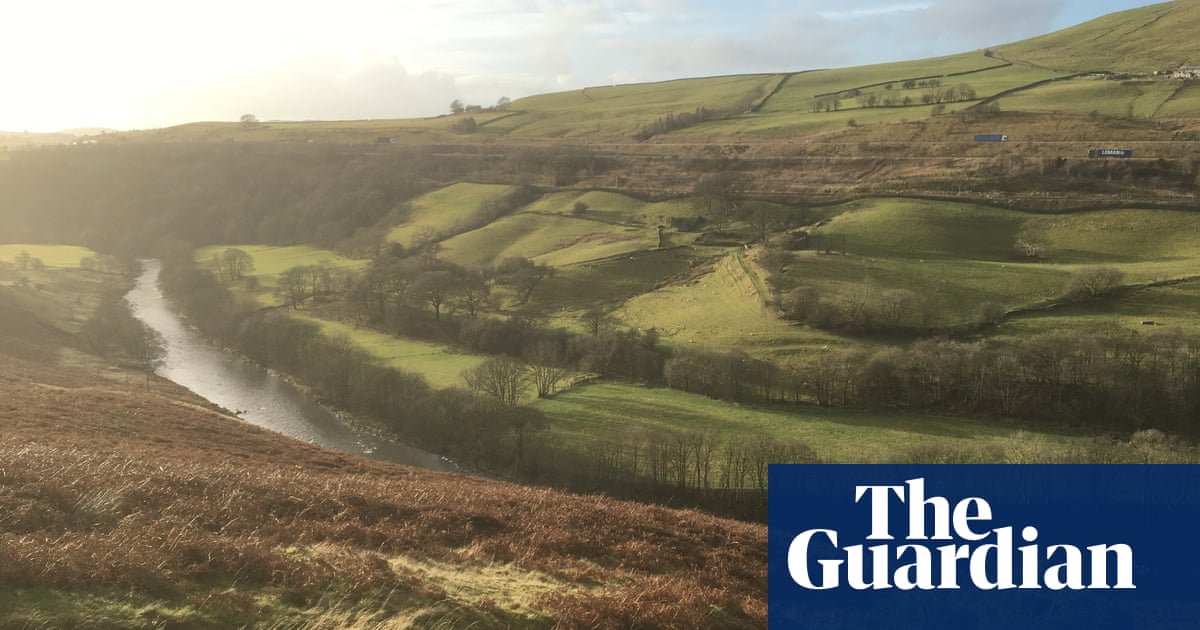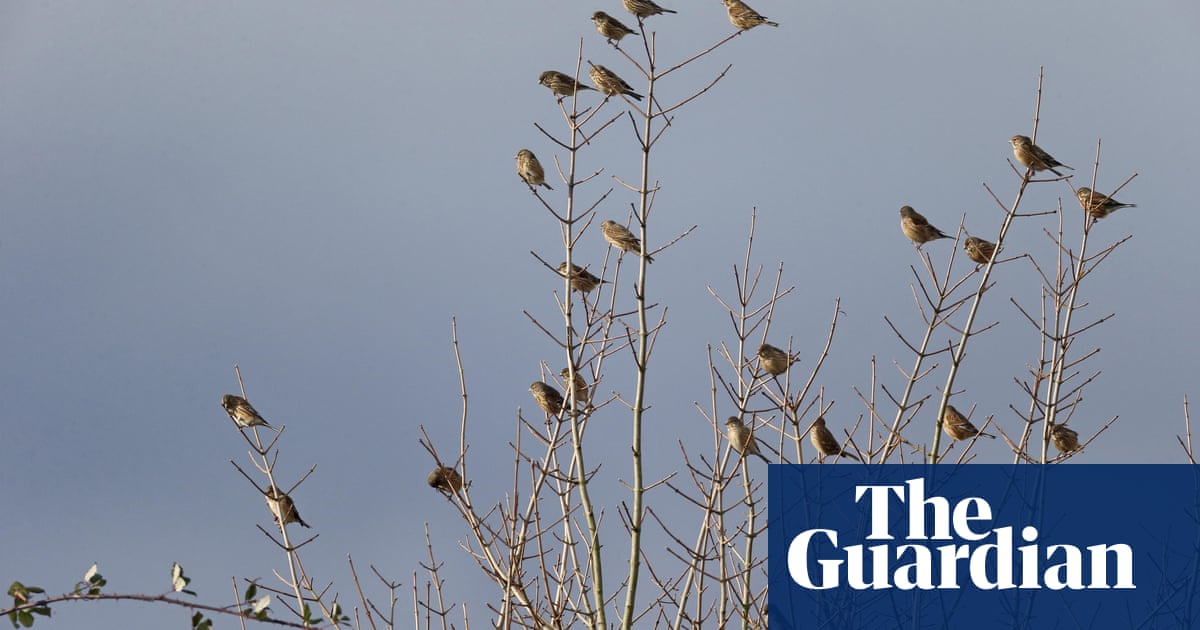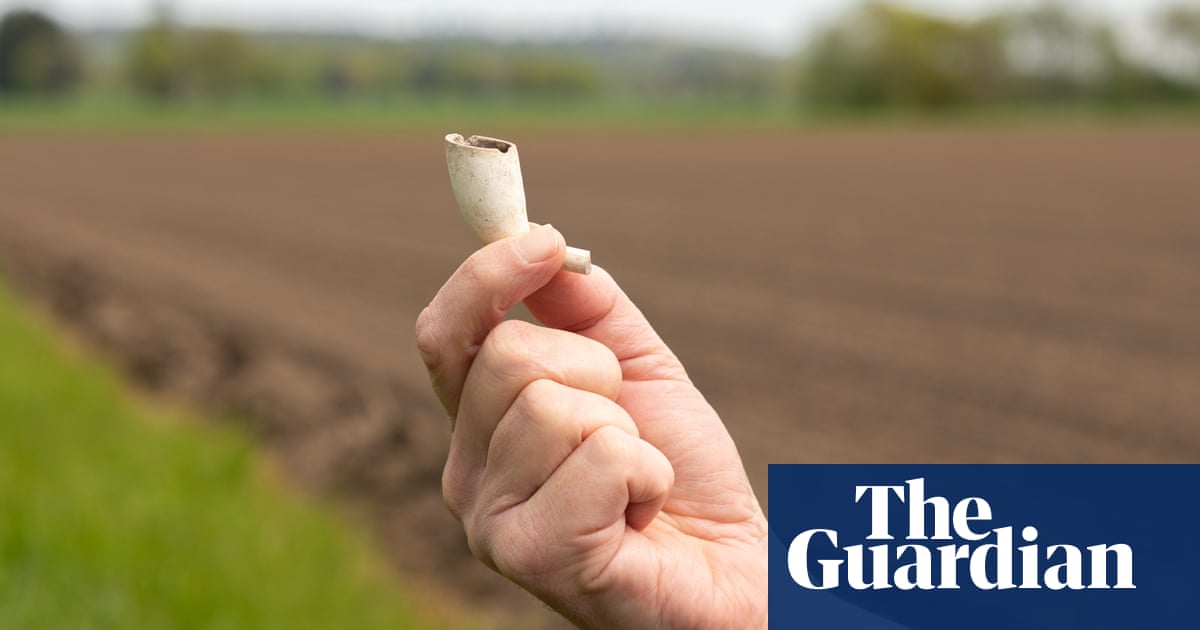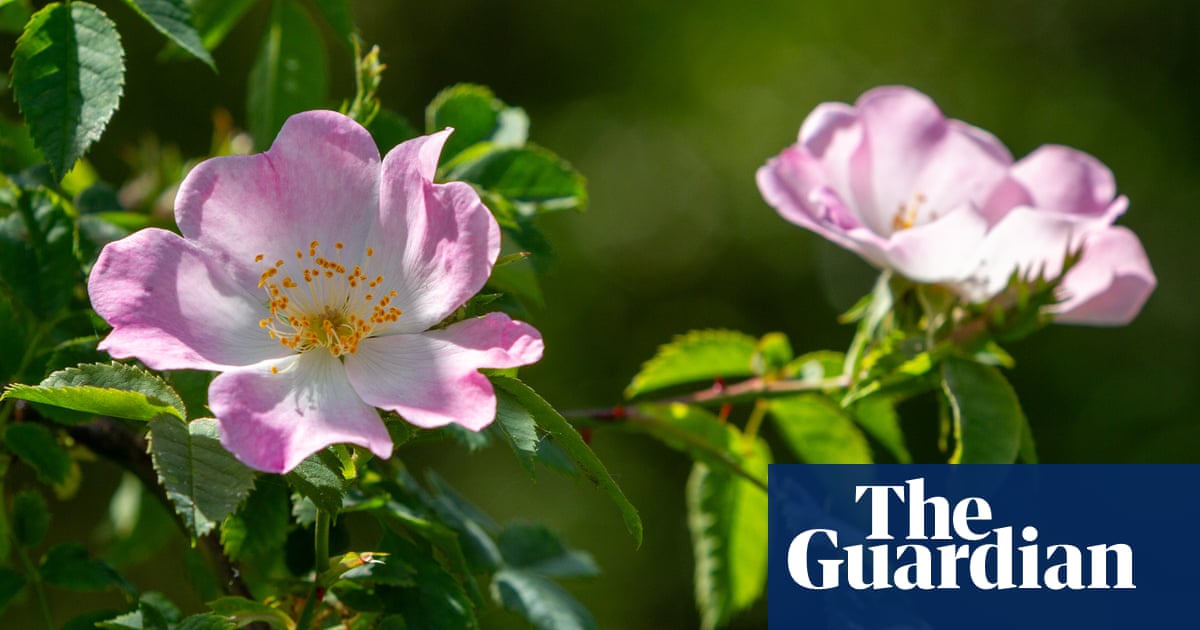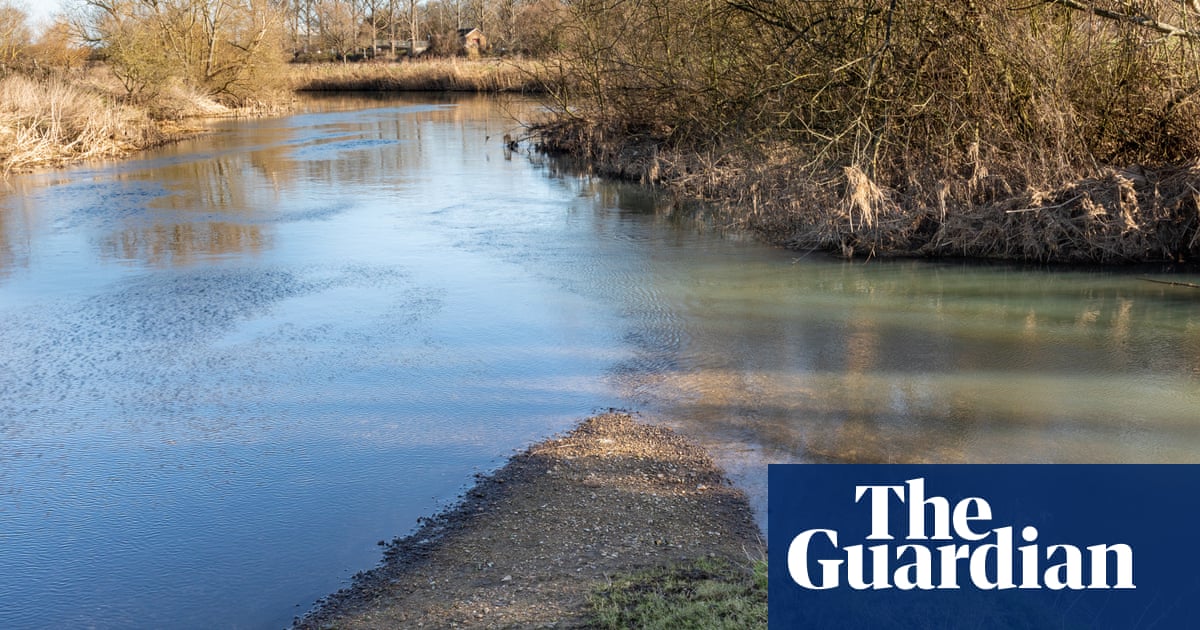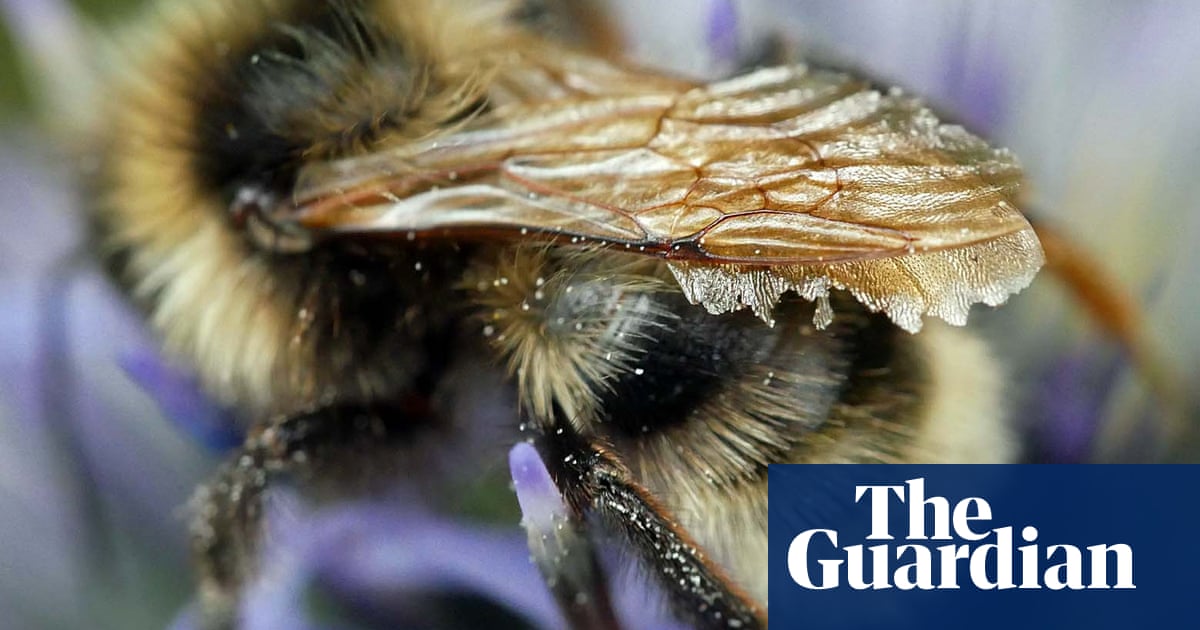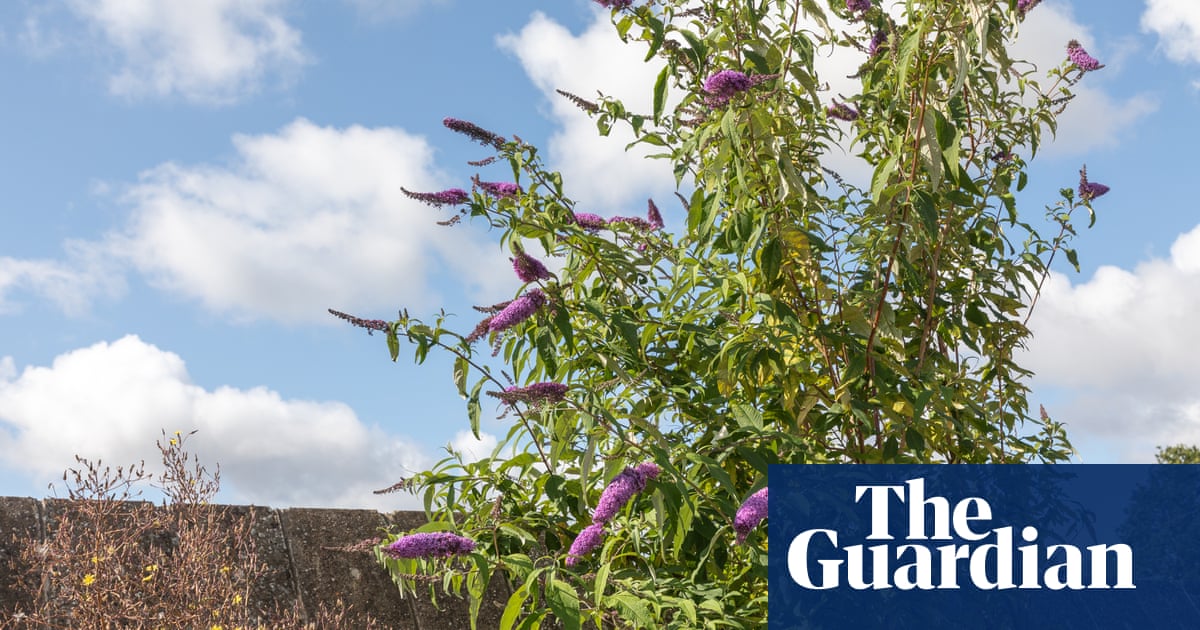
Is it time to call last orders on the showy plant long celebrated as the butterfly bush? The purple darling of wildflower gardening peaks in August, and in summers past we would rush to the nearest buddleia when the clouds parted to lose ourselves in trying to tally up moving objects.
In Flora Britannica, published in 1996, Richard Mabey boasted the regular appearance of more than 50 butterflies of 10 species on a single bush in his Chilterns garden. That figure did not then seem outlandish. Red admirals, peacocks, small tortoiseshells and anything else with a proboscis would flutter in to taste Buddleja davidii’s irresistible nectar. Each plant threw out dozens of spikes, each spike held hundreds of tiny flowers. And each butterfly would sip, circle, and sip again.
The greatest wonder on this railway bridge and all down the gravelled tracks is that such extravagant bushes, heady with spicy perfume, can survive and thrive in such scant substrate. The sprays on this bridge sprout and flourish on almost bare ledges. It is the plant’s ability – developed on shingle beds in its native China – to send roots deep into hard ground in search of sustenance that gives it such a tenacious hold over stone and concrete.
Though the drinks are still on tap, buddleia has begun to feel in recent years like a pub in need of customers. Numbers of butterflies reached a nadir in the scorched-leaf summer of 2022, when hardly a wing appeared over our local buddleia right through late summer. The problem was not one of drinking, but eating. As lesser‑valued plants such as nettles and thistles shrivelled in the heatwave, there was not enough to feed the caterpillars, and they will not touch buddleia’s grey‑green lanceolate leaves.
On the bushes that run riot over the railway bridge there are at least a few butterflies on this sunny morning, so few that they can be easily counted. Three red admirals, two peacocks. Hardly a Chilterns garden, but it is something, a recovery of sorts. Will insects return to restore the butterfly bush’s reputation?




